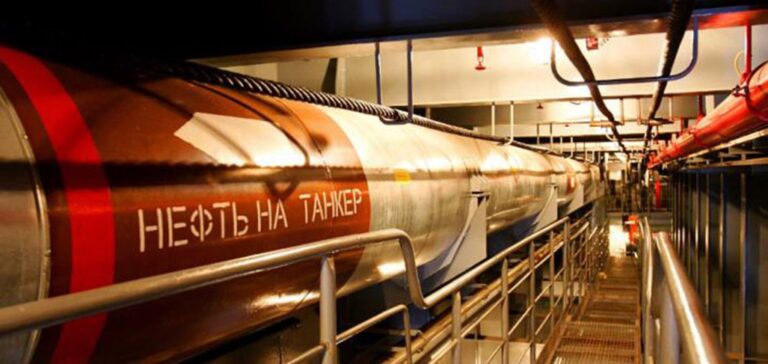The European Commission has announced its intention to propose a reduction in the price cap on seaborne Russian oil, currently set at $60 per barrel. This proposal, led by European Commissioner for Economic Affairs Valdis Dombrovskis, will be presented at the G7 Finance Ministers’ meeting taking place this week in Canada, according to Reuters on May 19.
This initiative is part of the European Union’s ongoing development of its 18th sanctions package against Russia. Since December 5, 2022, a coalition formed by the G7, the European Union and Australia has enforced a $60 price cap on Russian oil shipments, linking access to maritime transport, insurance and reinsurance services to compliance with this threshold.
Member states call for a stricter threshold
Several EU member states, including Poland, Estonia and Lithuania, are advocating for a significantly lower price cap, arguing that the current level fails to effectively curb Moscow’s energy revenues. Conversely, countries such as Greece, Cyprus and Malta oppose any reduction, citing the strategic importance of their maritime sectors.
Ukrainian President Volodymyr Zelensky expressed similar views to those of the Baltic states, calling for a price cap between $30 and $40 per barrel. “The proposed ceiling, around $60, seems artificial to me,” the Ukrainian president stated during a press conference, according to Reuters on November 26.
Toward reinforced coordination with G7 partners
Valdis Dombrovskis indicated that the proposal is part of ongoing discussions with other G7 members, noting that he expects “some interest” from international partners. He added that the goal is to include the revised cap in the 18th package of measures currently under negotiation.
In parallel, Finnish Foreign Minister Elina Valtonen confirmed that work on this new package would begin as soon as the 17th package is finalised. These measures are designed to increase economic pressure on Russia without creating significant disruptions in global markets.
Kyiv questions the current cap’s effectiveness
According to EnergyNow Media, Ukrainian authorities argue that Russia continues to derive substantial revenue from its crude oil exports despite the existing caps. The Zelensky administration believes a lower threshold is necessary to meaningfully impact oil export earnings, which constitute a major source of funding for Russia’s war effort.
The European proposal emerges amid persistent divisions within EU institutions and among G7 members, against a backdrop of contrasting economic interests and rising geopolitical tensions.






















